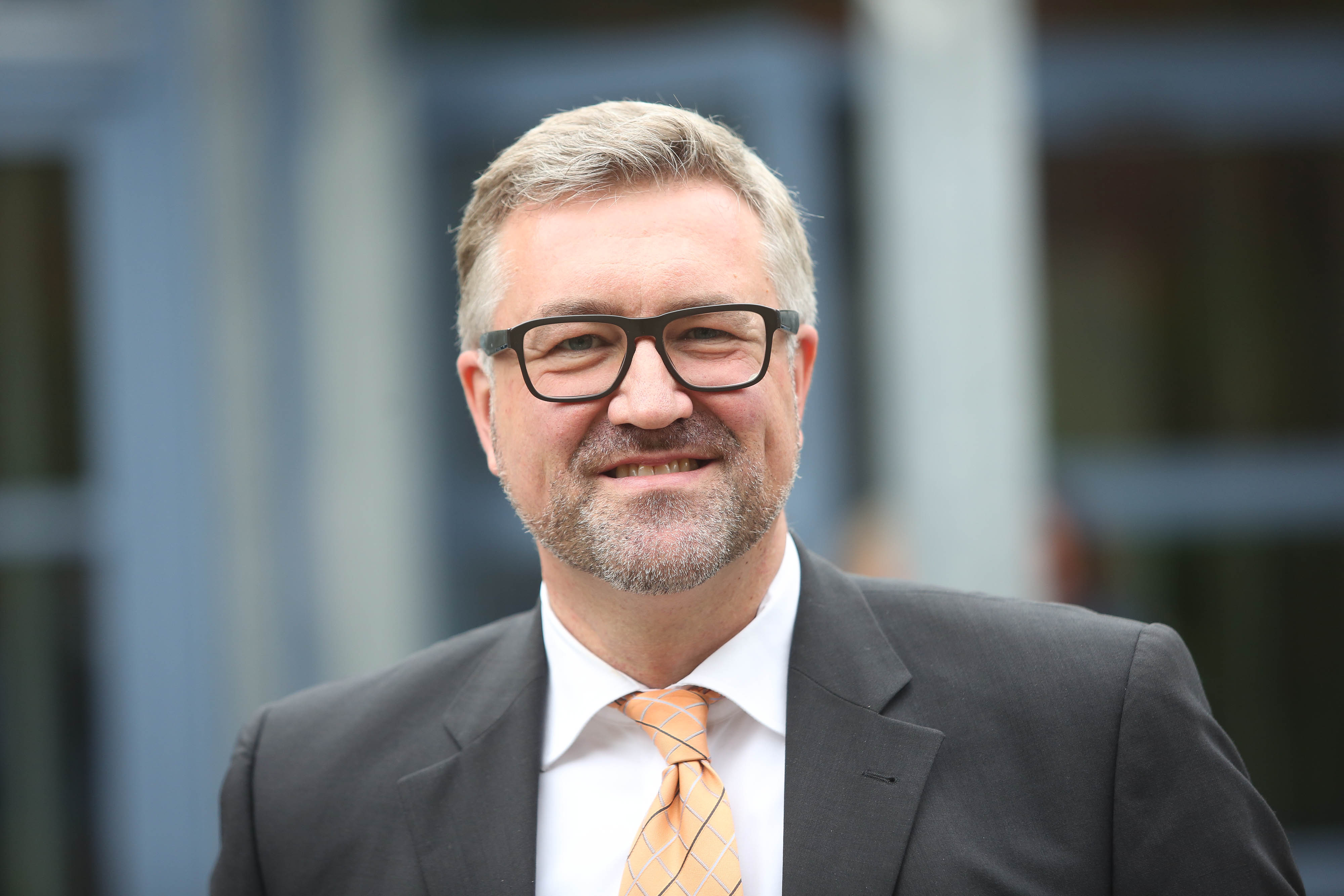The increase in the salary of skilled nurses decided yesterday and the payment of special allowances are intended to honor the enormous workload and efforts of employees during the pandemic.
“We are deeply impressed by the great commitment of our employees in the old people’s and nursing homes, hospitals and outpatient care”, says Diakonie RWL board member Christian Heine-Göttelmann. “We are therefore pleased that the Rhineland-Westphalia-Lippe Labor Law Commission has agreed on significant wage increases.”
Monthly care allowance introduced
For most of the work areas within the Diakonie, the salary of the nursing staff will increase by 1.4 percent from April 1 of this year, but at least by 50 euros. From April 1, 2022, there will be a further increase of 1.8 percent. In addition, there are some general salary allowances for care.
For the first time, nursing staff in geriatric care and in hospitals can expect a monthly care allowance of 70 euros. Those who work constantly in alternating shifts now receive an allowance of 155 euros, almost three times as high. In the Protestant clinics, the intensive allowance will be increased from 46 to 100 euros. There is a general monthly allowance of 25 euros for inpatient and outpatient care for the elderly.
Salary increases of around four percent
Overall, the remuneration of employees in nursing for the hospital sector increases by an average of 3.58 percent and for inpatient and outpatient care for the elderly by 4.29 percent. This does not include the increase in the alternating shift or intensive allowance.
“The collective bargaining agreement is an important component on our way to make the demanding and important work in nursing more attractive,” emphasizes Christian Heine-Göttelmann. “Our diaconal and church institutions not only score points with fair and better pay than private employers. Many also strive for fair working conditions, reliable duty rosters and a good working atmosphere. “
background:
The Labor Law Commission Rhineland-Westphalia-Lippe regulates the collective bargaining law for employment relationships in church and diakonia. The commission consists of nine representatives from the employee side and nine representatives from the employer side. The most important labor law regulation is the federal employee collective agreement in the church version (BAT-KF). With some church-specific features, it essentially contains the regulations of the collective agreement for the public service (TVöD).
Diakonie RWL
The Diakonisches Werk Rheinland-Westfalen-Lippe eV is the largest diaconal state association and one of the largest leading associations for voluntary welfare. It extends over North Rhine-Westphalia, parts of Rhineland-Palatinate, Saarland and Hesse. Diakonie RWL represents around 5,000 Protestant social institutions in which 330,000 employees work full-time or on a voluntary basis.
– .

